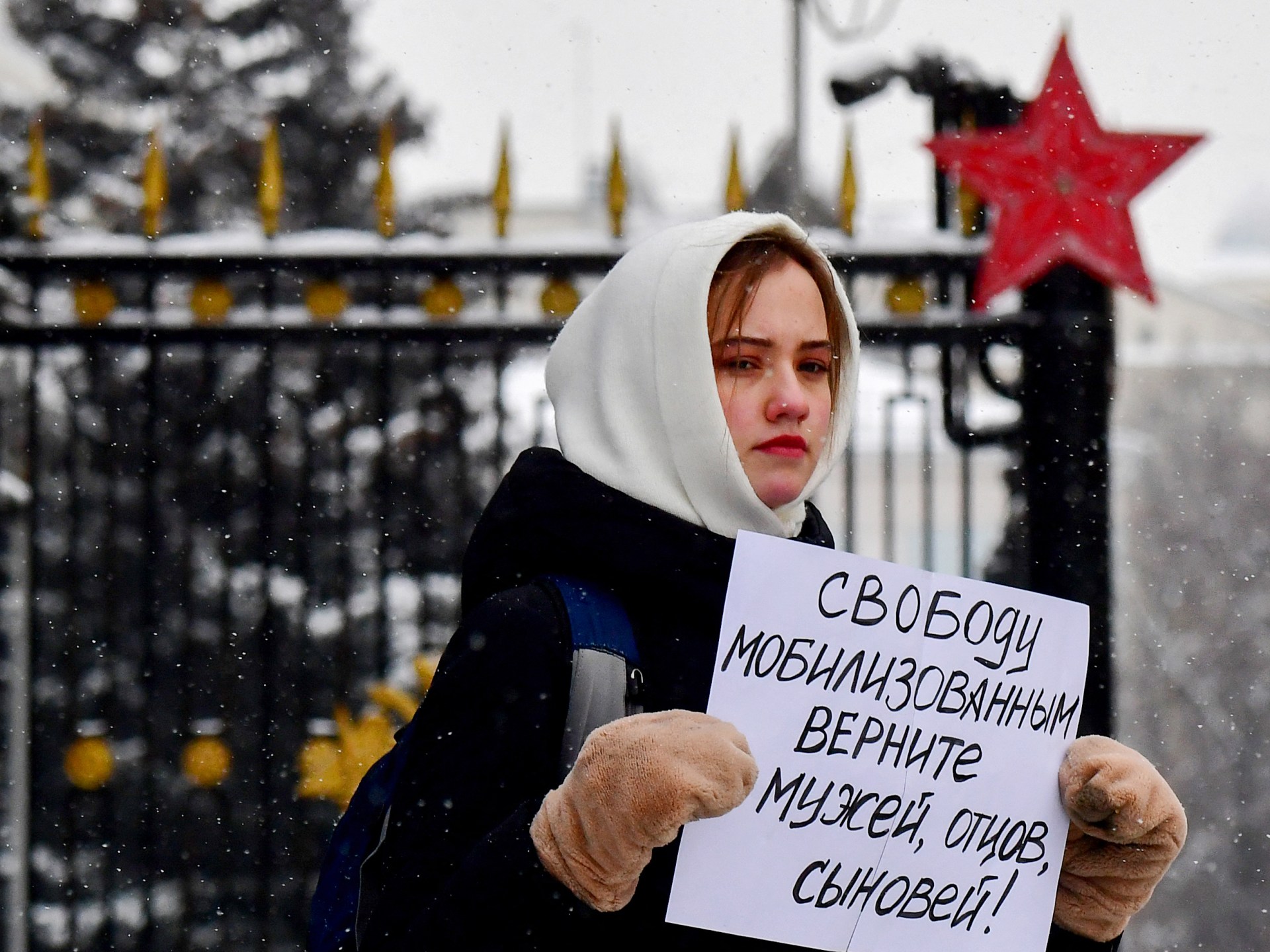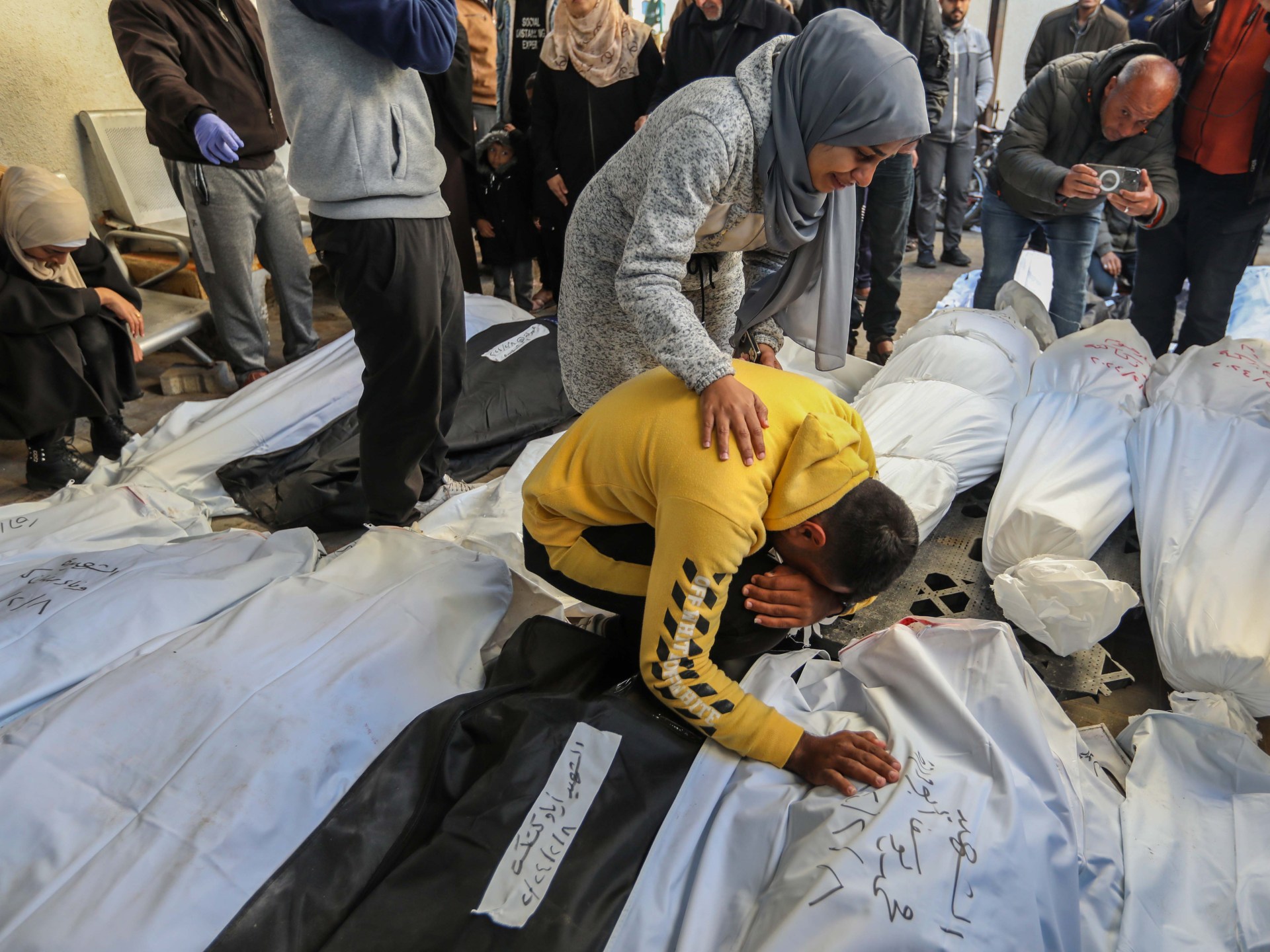
It was just after 10 p.m. when Ahmad* received a call from the Palestine Telecommunications Company (PalTel) Network Operation Center. It was the third week of Israel’s assault on Gaza and the main data center in the Sheikh Radwan district of Gaza City had lost power, threatening to shut down all communications in the region.
To check the center, the PalTel electrician had to drive across the city during intense Israeli airstrikes, endangering his life. But he didn’t hesitate. He flagged down a passing ambulance, hoping it would provide some measure of security from Israeli attacks.
“I told the driver that if I couldn’t restore the generator, people like him wouldn’t be able to reach injured civilians. We are neither better nor less important than medical workers – one call can save a life,” said Ahmad.
Once at the center, Ahmad got to work. By 2 a.m. he had repaired the generator so that the telecommunications network could continue to function. He decided to stay in the building until dawn, slipping around the freshly fallen rubble during a lull in Israeli bombing, and go home.
“Thank God my family was okay and I lived to see another day. This is my work and my life. … I do this every day,” he said.
Ahmad’s story has become almost routine among the 750 PalTel employees in Gaza, who risk life and limb to keep the telecommunications network running despite bombings, displacement and death.
The cost of maintaining Gaza’s connection was high. At least five PalTel employees in Gaza have been killed in Israeli strikes, while many other employees have lost family members, including women and children.
Samir*, one of the killed employees, had spent ten hours transporting fuel between the data towers before returning home. Just 15 minutes later, Samir and his brother were killed in an Israeli airstrike on their building.
Humanitarian workers and journalists said operating communications networks in Gaza was crucial for emergency services and for documenting the reality on the ground to the outside world.
More than 13,000 Palestinians have been killed by Israeli attacks on Gaza since October 7. Videos of desperate family members and civil defense workers fighting through the rubble of bombed-out buildings to rescue civilians trapped beneath have sparked shock and horror around the world.
Preparation for war
On the first day of its offensive against Gaza on October 7, Israel cut off power to the area. Despite the lack of electricity and constant bombing, Gaza’s telecommunications network remained operational for almost six weeks.
PalTel’s CEO said this is because the company has been preparing for war for “over 15 years” and has built emergency preparedness into its Gaza infrastructure at every step.
“We have faced many different incidents in past wars. We offer more protection than any other operator,” CEO Abdul Majeed Melhem told Al Jazeera.
PalTel’s Gaza network was built during Israel’s siege of the enclave, which requires every piece of equipment to be approved by Israeli authorities before entering Gaza, making repairs difficult.
Recurring wars against Gaza and frequent Israeli bombings have damaged civilian infrastructure. To prepare for an ongoing conflict like the current one, the telecommunications network is built like no other.

While most telecommunications networks bury their cables 60 cm (about 2 feet) underground, PalTel buries their cables up to 8 meters (26 feet) deep. In the event that the Israelis shut off power, their data centers in Gaza also have three levels of redundancy: generators, solar panels and batteries.
The company has also developed emergency protocols to remotely route workers from the occupied West Bank. If disrupted communications make this impossible, Gaza staff are empowered to act autonomously.
Despite all the layoffs and preparations, the scale of the bombings in recent weeks has still crippled the network. About 70 percent of the mobile network was taken offline. Solar panels have been largely rendered unusable because they were either destroyed in attacks or covered in dust and debris.
The relentless nature of the conflict also strains employees, who are beset by dangers from home to the field.
Rabih*, a fiber optic technician, was called on October 15 to repair a cable just meters from the border. Before driving off, he had to provide the police with a detailed list of the names of the repair team, the color of their cars and the license plates, which were Israelis because “one mistake could be fatal.”
As Rabih and his team worked for two hours to repair the cable, the hum of a drone overhead and the sounds of shells mixed with the sound of their excavator.
“Any wrong step could mean being targeted. I cannot explain to my wife and children why I do this or why I volunteer to go out during the war. My company doesn’t oblige me, but if anyone can do it, it has to be me,” he said.
West Bank workers watch their colleagues in Gaza from afar with bated breath, hesitant to ask them to look for damaged equipment, knowing that a simple repair trip could cost them their lives.
Gaza-based staff are not required to be on site, but most were willing to volunteer despite the dangers.
“It is very difficult to call my colleagues who are being bombed and ask them to leave. I’m afraid that if one of them gets hurt, I’ll never forgive myself,” said Mohammed*, an employee at the Network Operation Center in the West Bank.
Mohammed’s role at the center requires him to monitor problems on the network, ask workers to volunteer to repair them, and talk to them on the phone to provide feedback on the repairs. The calls are nerve-wracking and both Mohammed and the worker in Gaza want the site visit resolved as quickly as possible.
“I can’t imagine how these people have the courage to go out. If I were there, maybe I wouldn’t do it. I don’t know if I would do that,” Mohammed said.
At the mercy of Israel
No matter how many meters deep they dig or how many solar panels they install, Gaza’s connection to the outside world ultimately depends on the Israelis.

The cables connecting Gaza to the outside world run through Israel, and the country has intentionally cut off the Strip’s international communications at least twice.
“It is clear to us that it was cut off by a decision. The proof is that we did nothing to get it back,” Melhem said.
Israel also controls fuel for the Gaza Strip and allowed a small amount of fuel into Gaza on Friday after weeks of pressure from the United States.
Described by humanitarian groups as a “drop in the ocean,” Israel announced that 120,000 liters (31,700 gallons) of fuel would be allowed to enter the area every two days for use by hospitals, bakeries and other essential facilities.
PalTel also receives 20,000 liters (5,283 gallons) of fuel every two days for its generators.
On Thursday, the company announced a complete telecommunications outage as its fuel reserves were exhausted for the first time during the current war.
According to Mamoon Fares, corporate support director at PalTel, the 20,000 liters provided “should be enough to run a large part of the network.”
However, Gaza’s telecommunications network will still be at Israel’s mercy should it decide to stop fuel deliveries or network services passing through its territory.
Without the ability to communicate, the already dire situation in Gaza would only worsen.
“No ambulance, emergency service, civil defense or humanitarian organization can work without telecommunications,” Melhem said.
*Names have been changed to ensure people’s safety.






Recent Comments